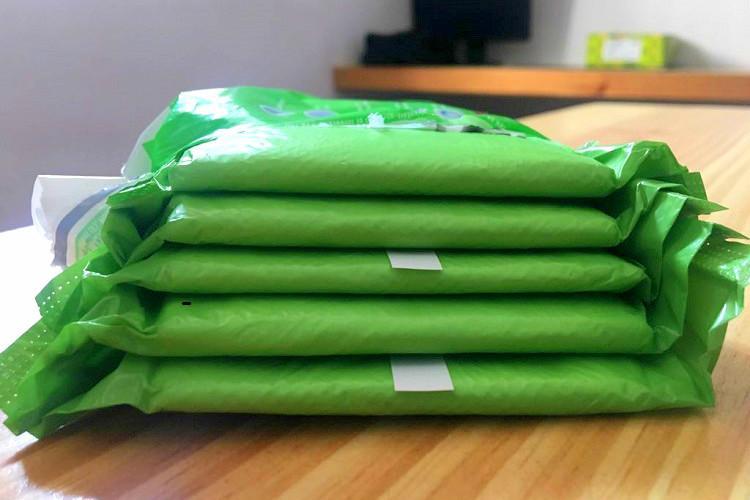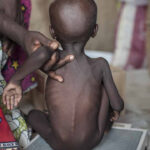The Women Unite 4 WASH, a group of six women-led NGOs under the auspices of the Society for Water and Sanitation (NEWSAN) and the Connected Development (CODE) has launched a project against ‘period poverty’.
The project is to provide sanitary pads for about 1000 women, especially young females to ease the challenges of their monthly menstrual periods in FCT as the pilot scheme before extension to other parts of the country.
The Chief Executive of CODE, Mallam Hamzat Lawal, and the women group led by Dr Priscilla Achakpa, Funmilayo Olorunmola, Adefunke Adeniran, Bibian Ama and Gloria Agema, told reporters in Abuja that the ‘Buy Me a Pad’ initiative is a project that is not just about providing menstrual hygiene products, but about empowering women and girls across Nigeria.
Mallam Hamzat Lawal donated N1.5m through the ‘Hamzat Lawal Initiative’ to accelerate the project’s success to mitigate period poverty in Nigeria.
Monarch, AMAC chair meet air force over demolition in FCT council
FCT female residents to get pads to tackle ‘period poverty’
To Dr Priscilla Achakpa, who read a joint statement from the women group, “In Nigeria, like many other parts of the world, period poverty remains a harsh reality for many women and girls. Lack of access to menstrual hygiene products can lead to missed opportunities in education, health issues, economics and perpetuate gender inequality. But today, we desire to change that narrative.’’
She noted that despite the gravity of this situation, this crisis remains largely unaddressed and normalised within the Nigerian society, especially with the escalating cost of sanitary products over the past five years has exacerbated the problem, pushing a vital necessity out of reach for a significant portion of the population.
They also noted that in Nigeria, many women and girls face significant challenges in obtaining these products, leading to adverse health consequences, stigma, barriers to education and economic empowerment.
They said, “When girls can’t afford to pay for menstrual hygiene products, they resort to cheaper but unhygienic options such as rags, toilet paper, cotton wool and old newspapers.’’

 Join Daily Trust WhatsApp Community For Quick Access To News and Happenings Around You.
Join Daily Trust WhatsApp Community For Quick Access To News and Happenings Around You.



